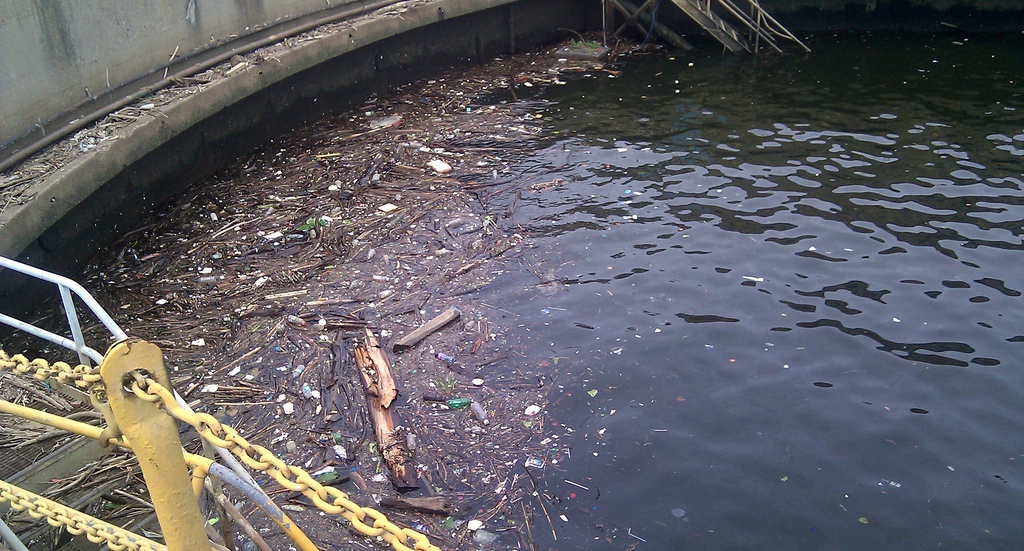Chemical Leak Leaves Up To 300,000 West Virginians Without Potable Water
The governor and the President have declared a state of emergency for the nine affected counties. Residents those counties are being told not to cook with, drink, bathe in, make baby formula with, or in fact do anything at all with their water other than flush toilets.
The contaminated water cannot be safely treated (unlike some contaminations, boiling it won’t work) and must, instead, be completely flushed from all systems. Schools, local government, restaurants, and other businesses in the affected areas are all closed due to the absence of potable water.
Local stores are, predictably, now completely cleaned out of bottled water. Emergency workers and the National Guard have been creating mobile water distribution centers for residents.
The chemical that has been leaked, 4-Methylcyclohexane Methanol, is not considered to be fatal. However, it does cause skin and eye irritation and if ingested can cause nausea, vomiting, headaches, dizziness, diarrhea, rashes, and other symptoms.
The leak was first discovered Thursday morning, when emergency services began to investigate reports of a strong smell in an area near the river. Crews traced the leak to a 48,000 gallon tank owned by Freedom Industries.
The water use ban is currently in place “indefinitely,” local media report. West Virginia American Water said in a press conference on Friday that they have not yet been able to determine how much of the chemical, used industrially to wash coal, has been released into the ground or water.
The US Attorney’s office in the region has opened an investigation into the chemical release and will “take whatever action is appropriate based on the evidence we uncover.”
Chemical spill shuts down much of W.Va. capital [AP]
W.Va. Gov. Issues State of Emergency for 9 Counties, Water Ban for 100,000+ [WSAZ]
Want more consumer news? Visit our parent organization, Consumer Reports, for the latest on scams, recalls, and other consumer issues.


